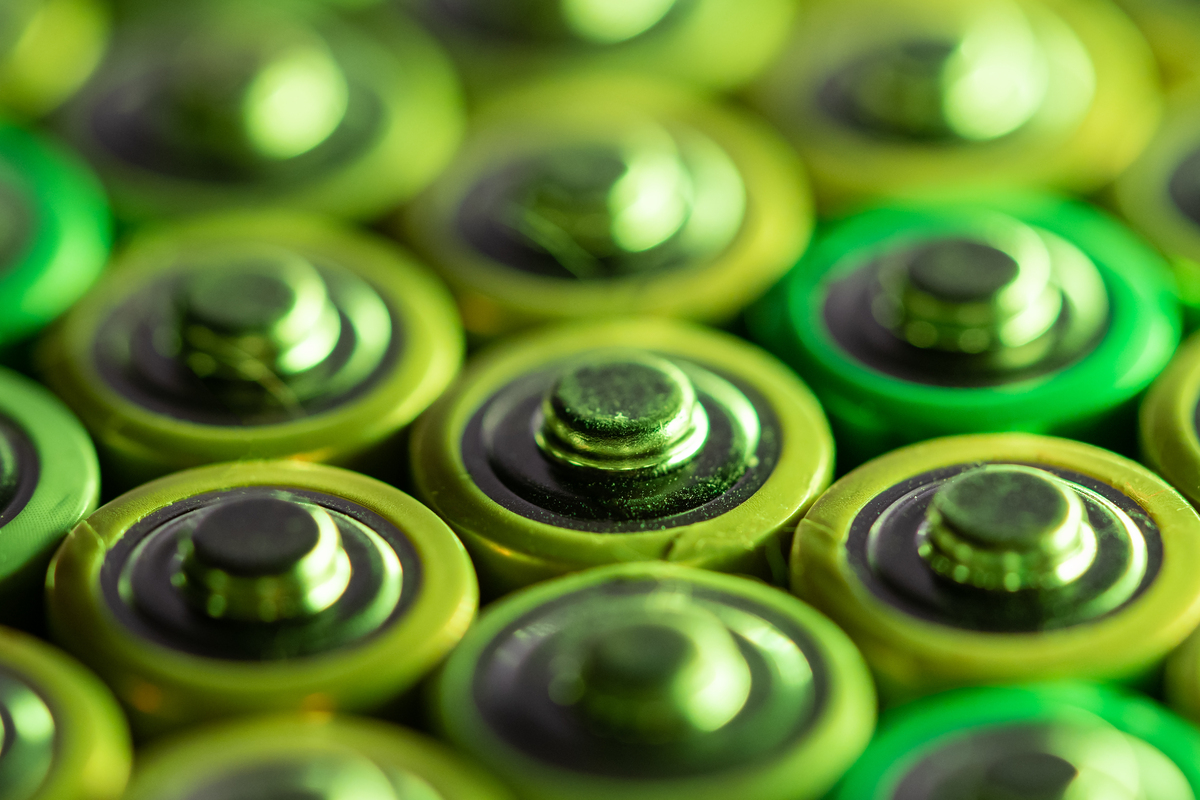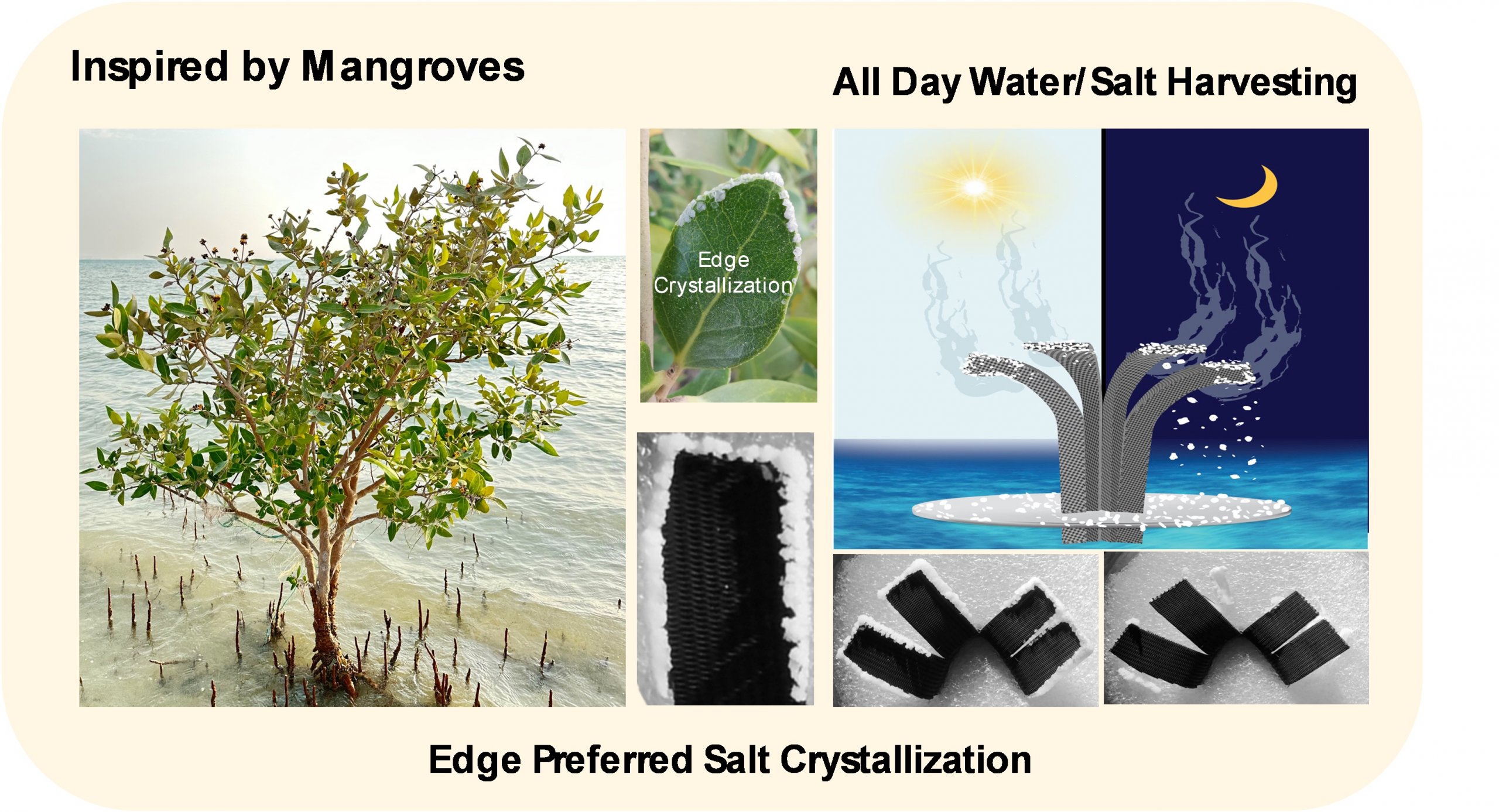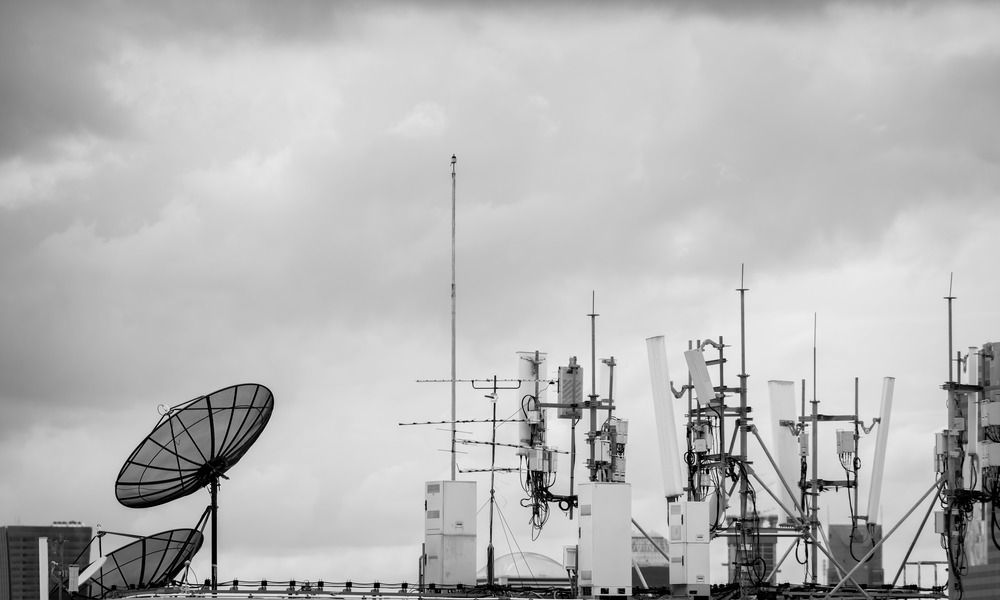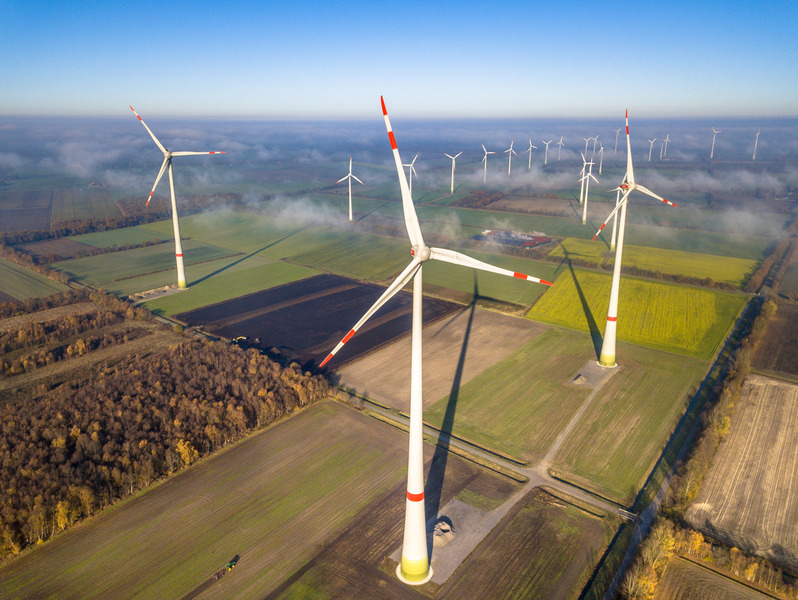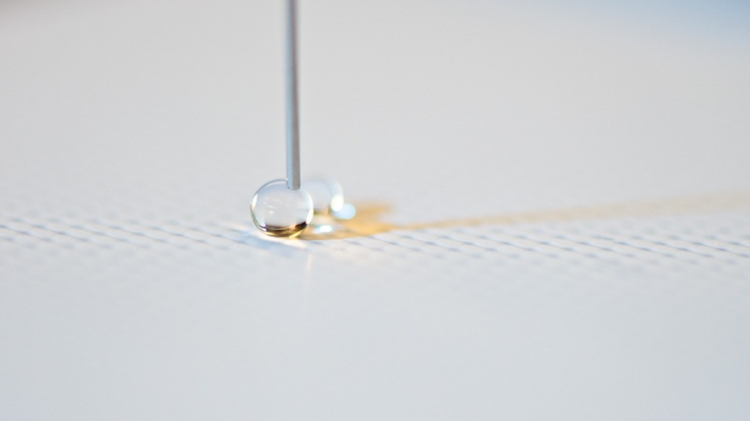
We all know “water is life”. But here in the UAE, it’s also a precious and scarce resource. There is very little naturally available in this arid region. That poses a challenge not only to the government and utility providers, but also to the scientists at the Masdar Institute of Science and Technology. That is why we are putting so much attention on how we can improve access to water and mitigate some of the concerns over water security.
As this week’s meeting of the Federal National Council revealed, desalination provides 65 per cent of the water used in the UAE for domestic, commercial and industrial purposes. Desalination technology has provided the water resources that have allowed the country to grow at an amazing rate and given residents a quality of life that is rare in the region.
But the technology also has limitations, as the FNC meeting pointed out. The process of turning sea water into sweet water is energy intensive and requires the burning of fossil fuels, which contributes to global climate change. The reliance on fossil fuels also makes desalination a costly process that must be offset by governments through subsidies or by higher costs for the consumer.
All of these concerns leave a question mark over the UAE’s use of desalination. As the FNC members pointed out, desalination is costly, has an impact on the environment, and is heavily relied upon. In the past, we have had to simply work within these limits. But now, we know this isn’t the case. Science has come a long way in the years since many of the UAE’s 83 desalination plants were built. Desalination is becoming more energy efficient and has a lesser impact on the environment.
We are looking to improve the efficiency of producing sweet water even more in the future. At Masdar Institute’s Water and Environment Engineering Programme, we are researching a number of technologies and systems that we hope will improve water security. There are currently a number of research projects looking to make desalination a less carbon-intensive project by harnessing the Gulf region’s ever-present sunshine.
One relevant study is looking at the technical performance of newly developed membrane desalination and pre-treatment systems versus conventional ones, to measure actual benefits and identify margins of improvement. We are comparing reverse osmosis (which has the largest market share in desalination), membrane distillation and forward osmosis (which show good potential for lower energy consumption and water production costs), and nano-filtration, for the removal of chemicals during pre-treatment.
Masdar Institute is also looking into making the most of the UAE’s groundwater resources. The country has very little naturally occurring groundwater and only 3 per cent is fresh – the rest is brackish and/or hyper-saline, which has greatly limited how and even whether it can be used for human needs.
Another team of scientists at Masdar is looking to develop a novel high-yield and cost-effective solar still that will give the UAE the option of using some of its untapped groundwater resources. A solar still is a low-tech way of distilling water from the sun’s energy. It uses evaporation to produce water that is free of impurities such as salts, heavy metals and microbiological organisms.
We are looking to develop a still that could utilise the UAE’s available geothermal and solar energy resources to produce fresh water in a sustainable and environmentally friendly way. These solar stills could also allow UAE residents in remote areas to utilise previously unusable groundwater, thus reducing dependence on desalinated seawater.
A third aspect to improving the UAE’s water security comes from harvesting wastewater. As Mohammed al Zaabi, an FNC member from Sharjah, said at the meeting: wasted water is a “luxury that is making us poor”. Currently very little wastewater in the UAE is treated and reused, with only about 9 per cent of the water used for agriculture coming from treated wastewater. Governments and scientists today now agree that in the future, wastewater will have to be viewed as a true resource and will need to be used in whatever way possible.
The Institute is researching a number of ways to help improve the quality and efficiency of wastewater treatment. One area of interest is bio-electrochemical systems to develop an energy efficient way to oxidate organic matter in municipal wastewater. The systems use indigenous microbial cultures. By removing some of the more energy-intensive processes, the cost of turning wastewater into useable water can be reduced.
After improving the desalination methods, groundwater extraction and wastewater treatment potential, the last piece of the water security puzzle is water storage. Existing groundwater supplies are scarce, wastewater may only have limited uses and, most importantly, desalination produces water for immediate use. For water security, the UAE needs to increase its stored water.
One potential solution to the water storage question is the recharging of aquifers. Many have been emptied over the years, but still hold the potential to be refilled as self-cleaning, self-maintaining water reservoirs. Masdar’s work in isotopic fingerprinting is giving science a unique view into the flow of water through an aquifer, allowing us to understand the limits and potential so we may safely utilise this resource in the future.
These are just some of the research projects being undertaken at Masdar Institute through its Water and Environmental Engineering Programme. We hope the UAE Government, academia and industry will join us in supporting this critical research to help safeguard our collective future.
This article was authored by Masdar Institute faculty in the Water and Environmental Engineering Department, including Dr. Farrukh Ahmad, Dr. Hassan Arafat, Dr. Hassan Fath, Dr. Hosni Ghedira, Dr. Isam Janajreh and Dr. Toufic Mezher.


